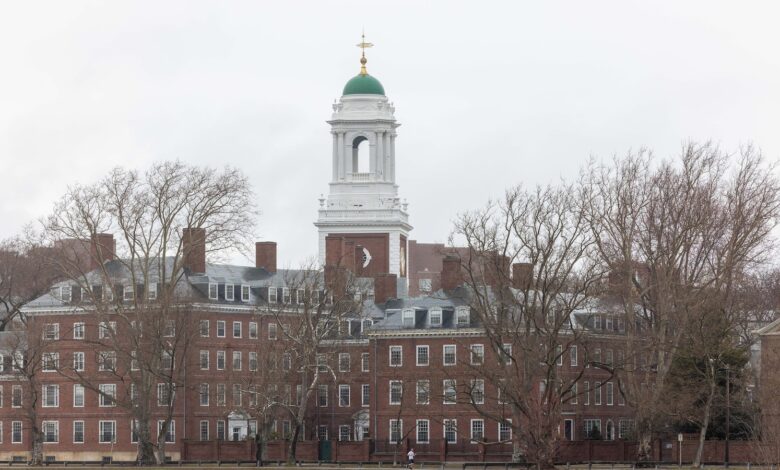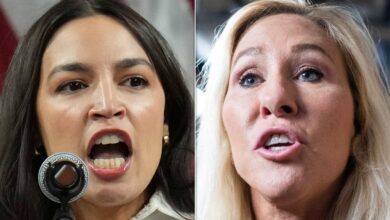Harvard University rejects Trump administration’s demands, risking billions in funding

Harvard University Stands Firm Against Trump Administration’s Demands, Risking Federal Funding
Harvard University has taken a bold stance against the Trump administration by refusing to comply with a series of demands that could potentially jeopardize billions of dollars in federal funding. In a letter penned by Harvard University President Alan Garber, the school made it clear that it will not compromise its independence or constitutional rights in response to the administration’s ultimatums.
The Trump administration had issued a list of demands to Harvard, including the termination of diversity, equity, and inclusion programs, the adoption of merit-based admissions, and cooperation with immigration authorities. Failure to meet these demands would result in the loss of $9 billion in federal funding. Garber emphasized that such a loss would have a detrimental impact on the university’s life-saving research initiatives.
This refusal to comply marks the first time a major university has pushed back against threats to withhold funding from the Trump administration. In a subsequent letter, the administration accused Harvard of failing to meet intellectual and civil rights standards, proposing changes to the school’s governance, hiring practices, and program offerings.
While Harvard remains committed to fostering a welcoming and supportive learning environment and combatting antisemitism, Garber argued that the administration’s demands overstep the boundaries of federal authority. He asserted that the government should not dictate the educational practices of private institutions or infringe upon their freedom to pursue knowledge.
This clash between Harvard and the Trump administration mirrors similar actions taken against other prestigious universities. Columbia University recently agreed to comply with administration demands following the suspension of its federal funding due to campus protests. The Department of Education has also launched investigations into Cornell University and Northwestern University, resulting in significant funding cuts.
The ongoing standoff underscores the tension between academic freedom and government intervention in higher education. Harvard’s steadfast refusal to bow to external pressure highlights the university’s commitment to upholding its values and principles in the face of political influence.
As this story continues to unfold, it serves as a poignant reminder of the importance of safeguarding academic autonomy and resisting attempts to dictate educational policies from external forces. Harvard’s defiance sets a powerful precedent for academic institutions to uphold their integrity and resist undue interference in their core mission of advancing knowledge and scholarship.





